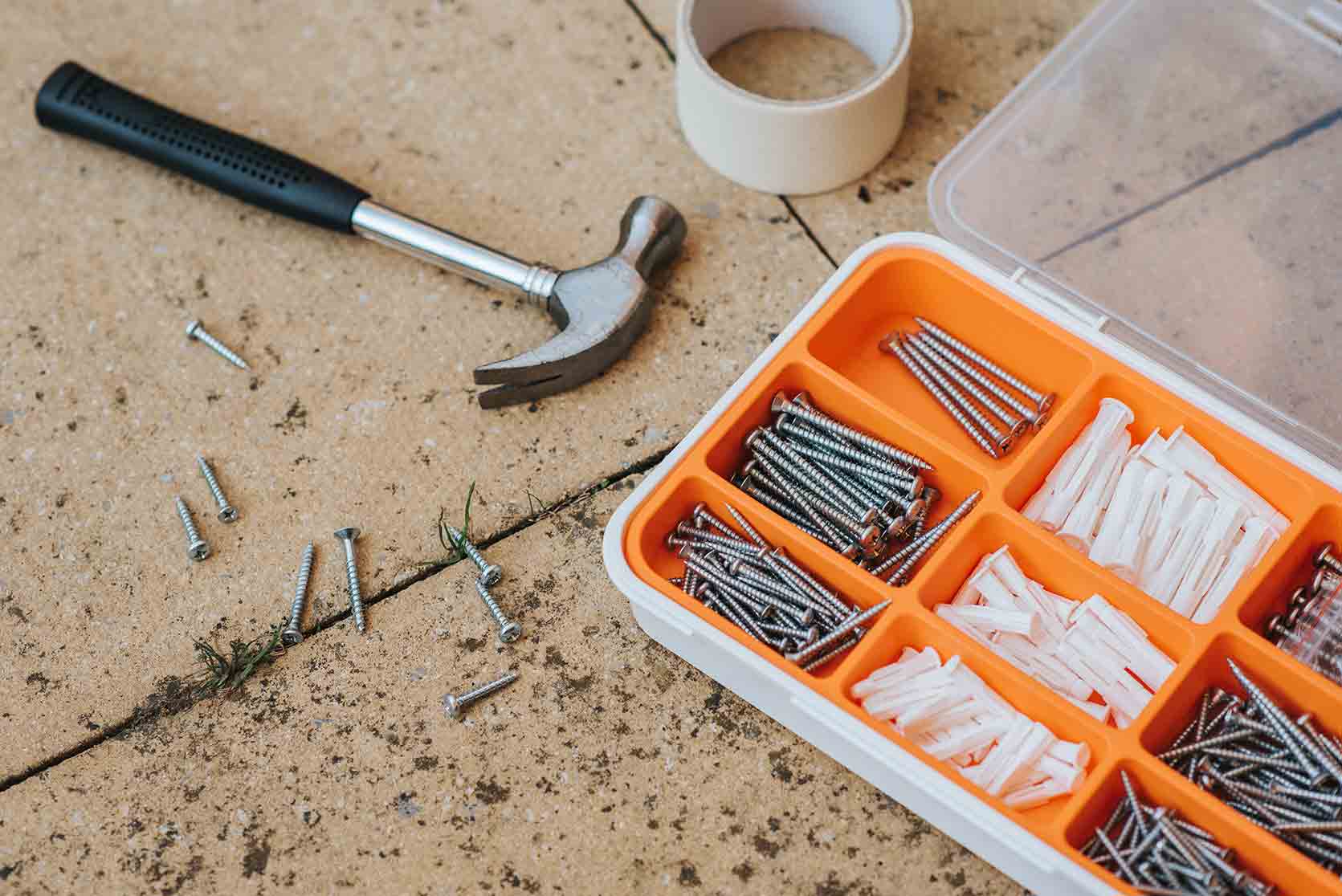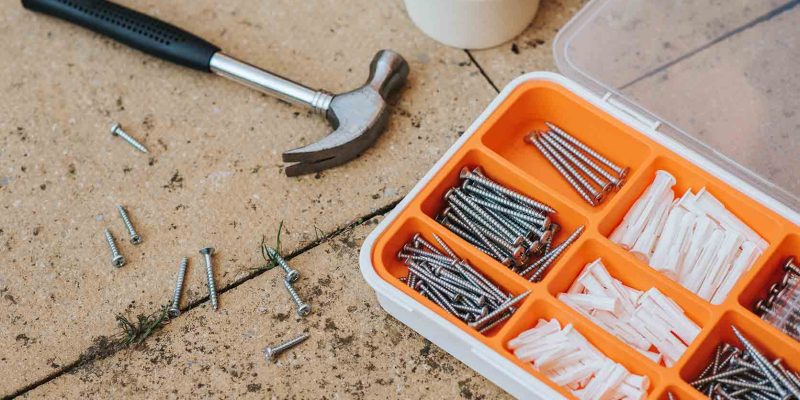We’ve all been there – you’re in the middle of cooking a delicious dinner, your washing machine is chugging along, or you’re enjoying a movie night, and suddenly disaster strikes. Your appliance decides it’s had enough and breaks down. It’s frustrating, inconvenient, and sometimes even a bit scary.

But fear not, because in this blog post, we’ll walk you through what to do when you find yourself in the midst of an appliance emergency. We’ll keep it simple, straightforward, and relatable, just like a conversation with a friend.
1. Stay Calm and Safe
Disaster can happen when you least expect it, but your safety should always come first. Here’s what you should do when an appliance suddenly goes haywire:
- Switch Off the Appliance: If it’s safe to do so, turn off the malfunctioning appliance. For instance, unplug it from the electrical outlet or shut off the gas supply. This helps prevent further damage and reduces the risk of accidents.
- Ventilate the Area: If you suspect a gas leak or any potential danger, ensure proper ventilation. Open windows and doors to let fresh air in and allow any harmful fumes to dissipate.
- Keep Kids and Pets Away: Children and pets are curious, and an appliance emergency can be dangerous for them. Make sure they stay clear of the affected area.
- Use Caution: Be cautious when inspecting the appliance. Avoid touching any exposed wires or components, especially if you’re unsure about what to do.
Also Read: How to Deal With Water Damage in Your Home?
2. Assess the Situation
Now that you’ve ensured safety, let’s assess the situation. Here are some key steps to follow:
- Identify the Problem: Try to determine what went wrong with the appliance. Was there a strange noise, smoke, or any visible damage? Understanding the issue can help you decide the next course of action.
- Check for User Errors: Sometimes, the problem may be as simple as a user error. Ensure that you’ve followed the appliance’s instructions correctly before proceeding.
- Consult the Manual: If you have the user manual handy, consult it for troubleshooting tips and error codes. Manuals often provide valuable information on common issues and how to resolve them.
3. Reach Out for Help
While some appliance issues can be fixed with a little DIY magic, others may require professional intervention. Don’t hesitate to seek help when needed:
- Call Customer Support: If your appliance is still under warranty or you have a service agreement, contact the manufacturer’s customer support. They can guide you through the process and arrange for repairs if necessary.
- Contact a Repair Technician: If you’re not comfortable fixing the appliance yourself or it’s a complex issue, it’s time to call in the experts. Look for a reputable appliance repair technician in your area via the likes of Avi’s Best directory. They have the skills and experience to diagnose and fix problems safely.
4. DIY Troubleshooting
If you’re the handy type and want to attempt some DIY troubleshooting, here are a few things you can try:
- Check Power Supply: Ensure the appliance is properly connected to the power source. Sometimes, a loose plug or tripped circuit breaker can be the culprit.
- Clean and Maintain: Regular cleaning and maintenance can prevent many appliance issues. For instance, a clogged dryer vent can lead to overheating and poor performance. Clean out filters, vents, and coils as needed.
- Replace Simple Parts: If you’re comfortable, consider replacing simple parts like filters, hoses, or fuses. Just make sure you have the correct replacement parts and follow the manufacturer’s guidelines.
- Look for Leaks: If you have a water-related appliance like a dishwasher or washing machine, check for leaks. Leaking hoses or faulty seals can often be replaced with a little DIY effort.
5. Know When to Say Goodbye
Sometimes, appliances reach the end of their lifespan, and no amount of repairs can save them. Here are some signs it might be time to bid farewell:
- Frequent Breakdowns: If your appliance is constantly in need of repair, it may be more cost-effective to replace it with a new, energy-efficient model.
- High Energy Bills: Older appliances tend to be less energy-efficient, leading to higher utility bills. Replacing them with newer models can save you money in the long run.
- Outdated Features: Technology evolves rapidly. If your appliance lacks modern features and is causing you inconvenience, it might be time to upgrade.
6. Prevent Future Emergencies
After dealing with an appliance emergency, it’s wise to take steps to prevent future disasters. Here’s how:
- Regular Maintenance: Schedule regular maintenance for your appliances. This can extend their lifespan and reduce the chances of sudden breakdowns.
- Read the Manual: Familiarize yourself with the user manual of each appliance you own. It contains valuable information on proper usage, care, and troubleshooting.
- Invest in Surge Protectors: Electrical surges can damage appliances. Use surge protectors to safeguard your devices from power spikes.
- Upgrade When Necessary: Don’t hold on to outdated appliances for too long. Consider upgrading to energy-efficient models that not only save you money but also reduce your environmental footprint.
7. Stay Informed
Lastly, stay informed about appliance recalls and safety alerts. Manufacturers occasionally issue recalls for appliances that pose safety risks. By staying updated, you can take prompt action if one of your appliances is affected.
- Check Manufacturer Websites: Visit the official websites of the brands you trust. They often have a section dedicated to recalls and product safety.
- Register Your Appliances: Register your appliances with the manufacturer or through a product registration service. This ensures you receive timely notifications about recalls and updates.
Also Read: Getting A Top-Rated Albuquerque AC Repair Company
Conclusion
Appliance emergencies can be a real headache, but with the right approach, you can navigate them smoothly. Remember to prioritize safety, assess the situation, and seek help when needed. DIY troubleshooting can be effective in some cases, but don’t hesitate to call in professionals when the going gets tough.
And once the crisis is averted, take steps to prevent future disasters and stay informed about product recalls. With these simple strategies, you’ll be better prepared to handle appliance mishaps and keep your household running smoothly.




